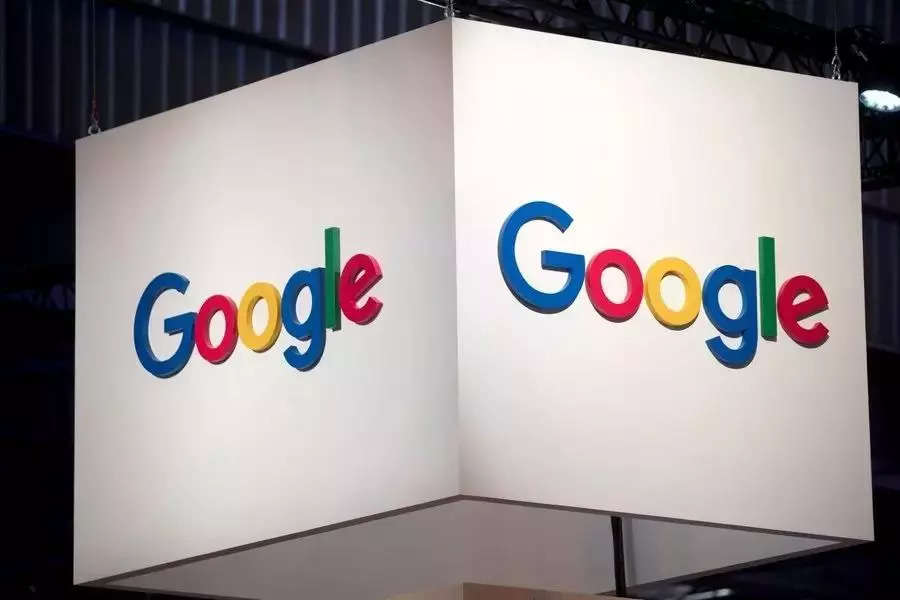Google: Google is restricting internet access for some employees, here’s why – Times of India
How will the program run?
As per the report, Google will completely disable internet access on select employees’ desktops. The employees will only be able to run certain internal web-based tools along with a few Google apps and services like Gmail and Google Drive. Furthermore, employees will not be given root access, which means they won’t be able download or install any software nor will they be able to run any administrative commands.
Why is Google doing this?
According to the CNBC report, the idea is to minimise the growing risk of cyberattacks. As per the internal documents viewed by CNBC, Google employees are often targeted by cyber attackers. Google believes that in case an employee’s device is compromised, attackers could get their hands on access data and codes. This, as per the company, will impact user trust in Google.
“Ensuring the safety of our products and users is one of our top priorities. We routinely explore ways to strengthen our internal systems against malicious attacks,” a Google spokesperson told CNBC in an emailed statement.
It’s not clear as of now for how long the pilot program will run. Google has also not indicated whether only certain teams will be a part of it. Cyberattacks have been on the rise and organisations — including the likes of Google — are a major target for hackers and bad actors.
function loadGtagEvents(isGoogleCampaignActive) { if (!isGoogleCampaignActive) { return; } var id = document.getElementById('toi-plus-google-campaign'); if (id) { return; } (function(f, b, e, v, n, t, s) { t = b.createElement(e); t.async = !0; t.defer = !0; t.src = v; t.id = 'toi-plus-google-campaign'; s = b.getElementsByTagName(e)[0]; s.parentNode.insertBefore(t, s); })(f, b, e, 'https://www.googletagmanager.com/gtag/js?id=AW-877820074', n, t, s); };
window.TimesApps = window.TimesApps || {}; var TimesApps = window.TimesApps; TimesApps.toiPlusEvents = function(config) { var isConfigAvailable = "toiplus_site_settings" in f && "isFBCampaignActive" in f.toiplus_site_settings && "isGoogleCampaignActive" in f.toiplus_site_settings; var isPrimeUser = window.isPrime; if (isConfigAvailable && !isPrimeUser) { loadGtagEvents(f.toiplus_site_settings.isGoogleCampaignActive); loadFBEvents(f.toiplus_site_settings.isFBCampaignActive); } else { var JarvisUrl="https://jarvis.indiatimes.com/v1/feeds/toi_plus/site_settings/643526e21443833f0c454615?db_env=published"; window.getFromClient(JarvisUrl, function(config){ if (config) { loadGtagEvents(config?.isGoogleCampaignActive); loadFBEvents(config?.isFBCampaignActive); } }) } }; })( window, document, 'script', );
For all the latest Technology News Click Here


